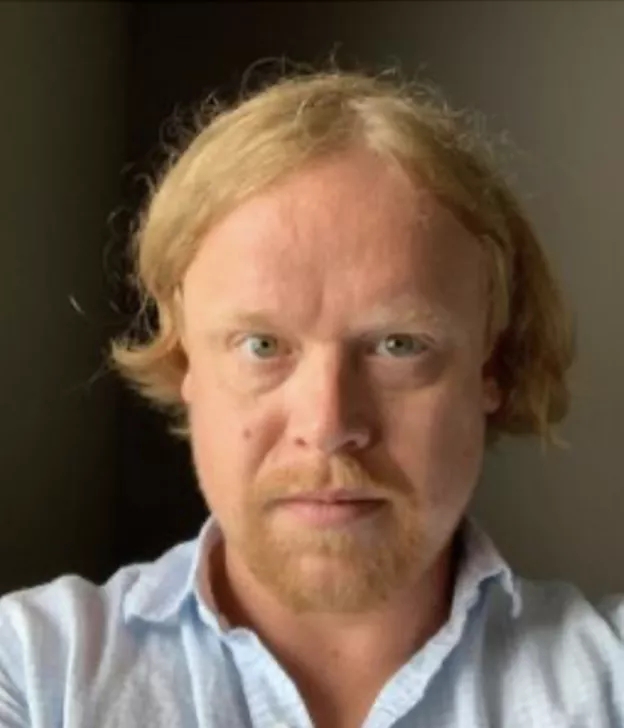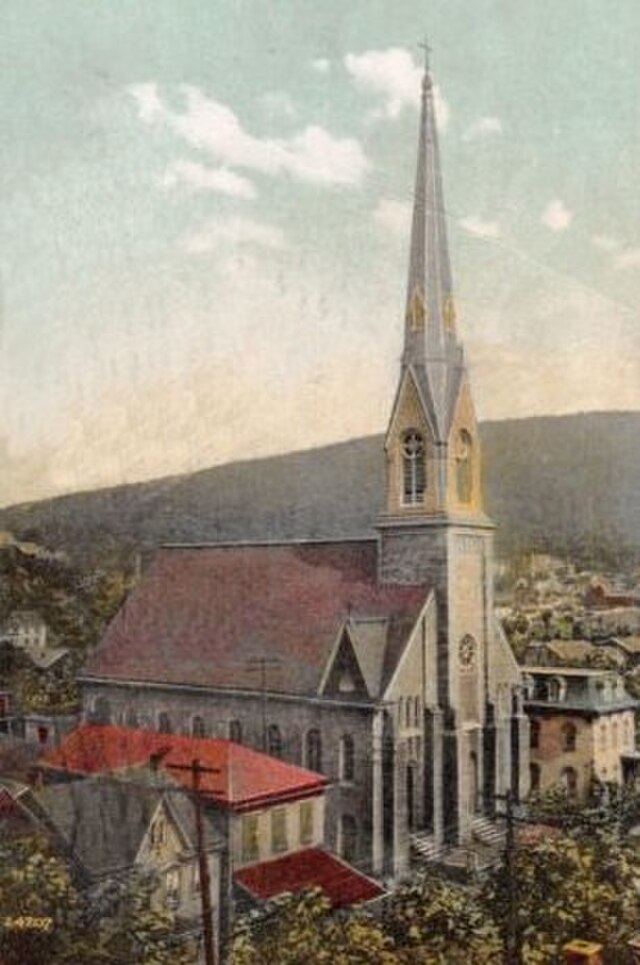
An interview with Professor J. L. Tomlin
JMC Resident Historian Elliott Drago sat down with JMC Scholar J. L. Tomlin to discuss his scholarship, founding paradoxes, and his thoughts on integrating historical simulations in the classroom. Dr. Tomlin is an Assistant Professor of History at Fairmont State University.
Living, creating, and judging history
ED: What inspired you to become an American historian?
JLT: I knew from an early age that certain topics enthralled me, and that whatever free time I had would be spent learning more just for fun. Philosophy. History. Religions and Myths. Then as I became aware that there were career options to further develop that knowledge, essentially the shock that you can get paid to study and talk about these things, I never looked back.
Initially I chose philosophy, since History seemed to be “what happened” and philosophy reflected “why people perceive/do what they do.” Then an inspirational professor told me that
“good history explains not just what happened, but how and why people reacted the way they did. And the study of the past combines all human knowledge.”
JLT: The American past is the synthesis of so many seemingly divergent economic, political, social, and religious trends from around the world, so my path seemed to set itself after that conversation.
ED: Tell us a bit about your latest book project, Fear and Loathing and Freedom: Religious Fear and the Paradoxical Origins of American Pluralism.
JLT: This project reflects the adaptation of my Doctoral Dissertation “Papal Plots and Muslim Mischief: Religious Fear and Political Sensibilities in Early America.” The project looks at the use of anti-Catholic language, a prevalent genre of expression in early America known as “anti-popery”, to espouse political and cultural values. It shows how religious slurs came to be a vehicle to articulate aspects of a preferred political economy and governing system. In so doing, it reveals a founding paradox of American history: language born of xenophobia, sectarianism, and fear was used to articulate a political and social vision based in gradually expanding pluralism, tolerance, and political optimism.

This project, currently under revision, is ultimately a micro-study. I’m far more excited at the moment about my current labor of love, a coauthored monograph with my longtime friend Thomas Lecaque titled “Crusading and Apocalypticism in Colonial America” where we look at the larger culture behind violence and religious rhetoric in Early American society.
It expands in a very important way on the single thread introduced by Fear and Loathing by looking beyond English anti-Catholicism to include multiple cultures, religious traditions, and languages in the reconstruction of that link between religious rhetoric, violence, and politics in American society.
ED: Describe your favorite research “rabbit hole,” and the results of that quest.
JLT: Perhaps my most serendipitous find was in researching the chapter on anti-Catholic rhetoric in Pennsylvania for my dissertation. I was examining the political fights between different sectarian groups surrounding the hotly contested elections in 1740’s-50s Pennsylvania and stumbled upon a widespread conspiracy theory regarding Quaker and Anglican election tampering.
People on all sides of these fights were alleging vast conspiracies of Natives, Pacifists, Slaves, British Officials, and, you guessed it, Catholics. At first it seemed a neat side story but not useful to that chapter. Then the election of 2020 happened, and all of a sudden election conspiracies seemed to dominate everyone’s attention as a completely new phenomenon. Except, it wasn’t new. We’d been there before, and that was precisely the point I made when it was ultimately published as a standalone article in The Age of Revolutions Consortium.
ED: What has your research taught you about America’s founding principles and history?
JLT: My study of early America has taught me to be suspicious of language.
We read early American source material too often with the arrogance of speaking the same language we are reading in the sources.
JLT: We presume to know exactly what they meant with the words they used. The prevalence of anti-Catholic language, for instance, was simply chalked up to Protestant fear and hatred of Catholics for decades of scholarship. This explanation, however, doesn’t hold up when we realize they were calling each other Papists or labeling certain behaviors Popish.
The popular culture of the time had taken the word and developed it into an expression of something entirely different. It becomes clear we didn’t understand how these words or phrases were actually being used or their real meaning. This is simply a single example of a much larger phenomenon. Language changes constantly, and in our highly politicized debates around original intent or founding documents we must bear this in mind to have a chance of understanding what was intended with the use of specific words or perceptions. Often, we are applying a modern perspective and translation onto ideas and words quite removed from our application.
ED: You enjoy integrating historical simulations into your teaching. What makes these simulations effective (and fun!)?
JLT: I have become a huge believer in experiential or active learning, especially through the Reacting to the Past consortium which I learned from a mentor of mine, Dr. Marina Macarri at the University of Tennessee. This uses complex historical simulations where students play real individuals with primary sources, background information on their character, etc. to “act out” an event. The point is to understand how and why events happen, rather than a linear progression of what happened. It’s also to show students how easily a different choice from a single person can drastically change the outcome of events.
History is about contingency. Nothing is inevitable.
JLT: This pedagogy helps students see that in a powerful way, and demonstrates the power of their voices in our study of the past. Right now, for instance, my students are simulating the trial of Anne Hutchinson in colonial Massachusetts.
They are learning the theology, the political factions, the main issues facing the colony, and the competing interests of an array of different groups in society. Ultimately, they are learning how power worked, who had it, who didn’t, and how power norms are always challenged over time. And they do these big things while having fun. It is an amazing tool for students and faculty.
ED: What’s one thing you wish that every student knew about American history?
JLT: That they are living it, creating it, and passing judgment on it every day of their lives.
ED: Thank you for your time, teaching, and scholarship! We look forward to hearing more about your work!
Elliott Drago serves as the JMC’s Resident Historian and Editorial Manager. He is a historian of American history and the author of Street Diplomacy: The Politics of Slavery and Freedom in Philadelphia, 1820-1850 (Johns-Hopkins University Press, 2022).
